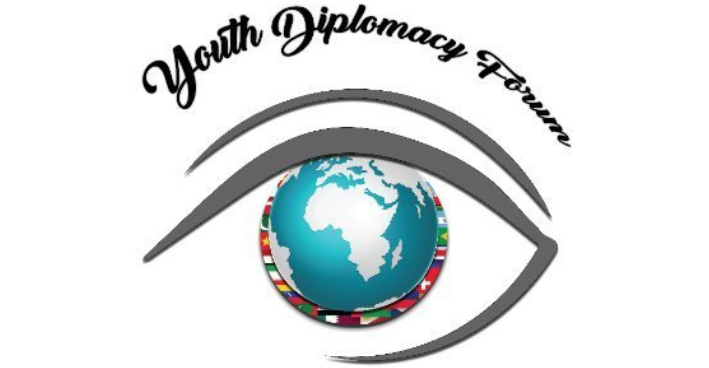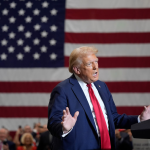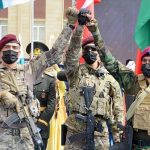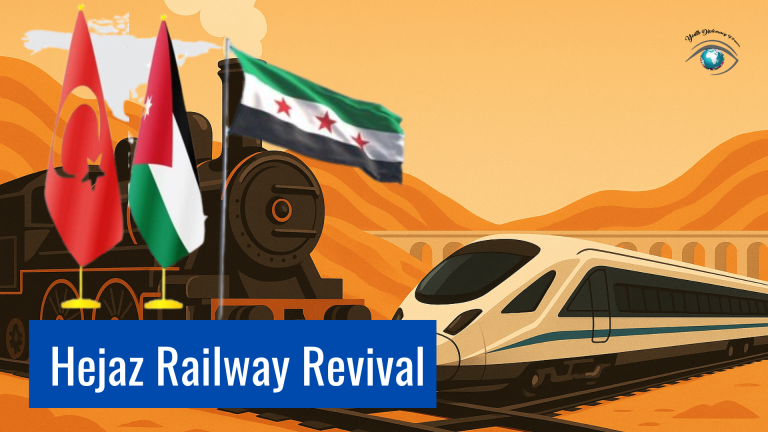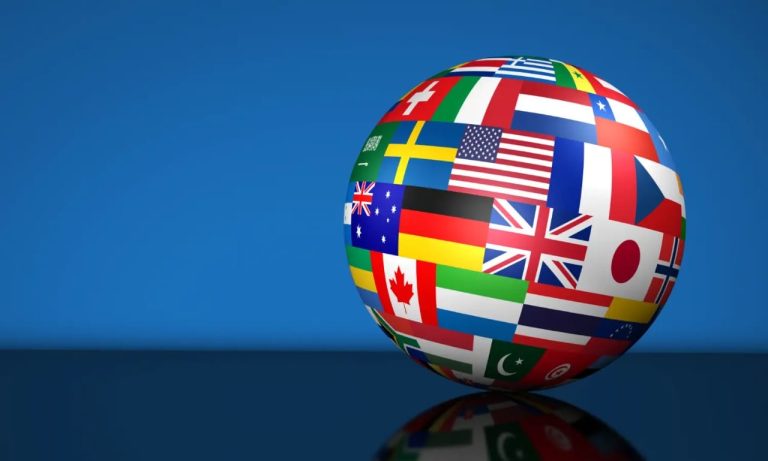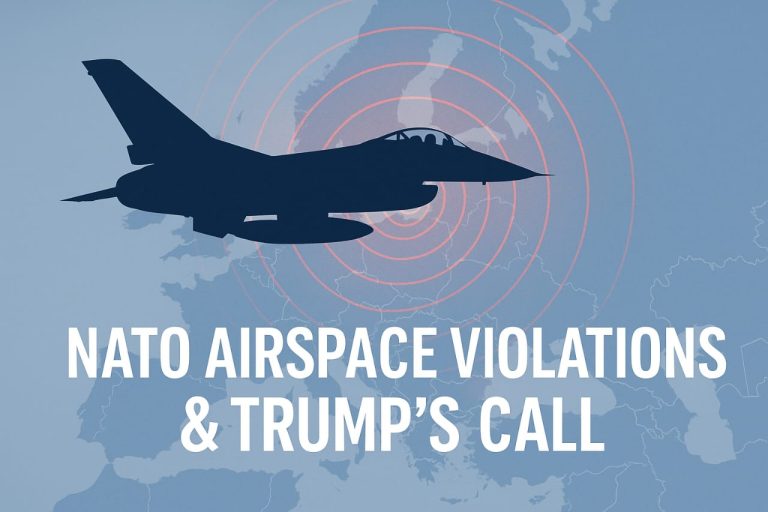After the Saur Revolution,the USSR mobilizes its military to Partisan the communist government in Afghanistan, opening a new chapter of Pak-Afghan favourable bilateral ties.
Kabul’s approach to the Durand Line which was not recognized as international boundary by any Kabul government and has historically involve supporting militant organisations with anti-Pakistan sentiments and making media and political propaganda against the Islamic Republic of Pakistan
On the so-called Pashtunistan concept, Both countries have cultural, social and historical similarities with huge population of Pasthtun living in Sindh not much as in Quetta and Peshawar .
Durand line is an artificial create propaganda by the rivals because by nature the region fit with Pakistan not any other states and not in favor they also know the brutality of Afghan Taliban
Regimes in Afghanistan:
The western belt of Pakistan dominated by feudal and tribal chiefs to cover-up their corruption and crimes, they blame not provisional and federal government but state.
Pakistan depends on Afghanistan for its trade with Central Asian nation-states ,and Kabul relies on Pakistan for sea and land routes of trade with the world’s large economies, such as South Asian and South East Asian states.
Pakistan made an alliance with the United States of America and nation states with capitalist ideology by joining mutual security treaties against the communist aggressive forces to gain military and economic aid from the West to counter Indian influence, which was a Pakistan-by birth foe.
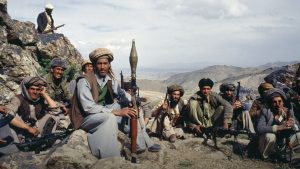
Pakistan remained an active member of the Middle East Treaty Organization. During the Afghan Mujahideen-Soviet war in1979, due to Cold War rivalry, the Pentagon and Islamabad backed the Mujahideen, Pakistan fought the proxy war when they were against the communist government support Afghan Taliban with military equipments and training camps because accessing to warm water a so called dream of Russian imperialism to modern nation, state remained a core manifesto of aggression towards other nations and found a serious security threat to the Arabian Sea.
Pakistan was a frontline ally and a non-NATO ally member state in South Asia, not of Asia, in the Cold War and post Cold War era.
Pakistan doesn’t officially support the US government in South east Asian and Middle Eastern wars, as it plays a key role in South Asian war on terror and Soviet Mujhaideen war.
The Soviet troops withdrew from the Afghanistan territory after the 10-year war failed to protect the communist regime in power, which led to an Afghan civil war between different Afghan groups.
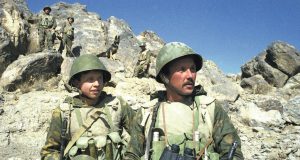
In 1992 Mujahideen established their dominance in Kabul and declared the so-called Islamic government, but they have anti-Pakistan sentiments and are supported by the Indian government.
Once again the Afghan soil is used against the Islamic Republic of Pakistan, so Islamabad established links with the Afghan Taliban and backed them with military equipment and offered training to fight and economic aid to push down the Mujahideen government and after over throw of Mujhaideen regime immediately recognized the 2nd Islamic government of Afghan Taliban regime in 1996, which is the first pro-Pakistan government in Kabul and less aggressive behaviour towards the Pakistani territories.
In2001, after a brutal terror attack on the United States territory in which hundreds of innocents died and thousands were injured, there was a dramatic shift in Islamabad and Kabul ties under the American empire’s shadow.
The Pentagon blamed Al-Qaeda and its leadership for the terrorist attack and demanded that the Afghan Taliban government and them over and cooperation finding them, but the Afghan government refused the offer.
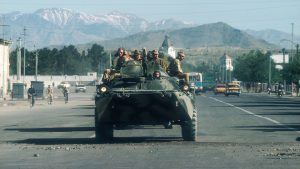
In response, Washington announced it would fight against the so-called global war on terror.
Pakistan joined the war on terror in South Asia in order to achieve military legitimacy and economic aid, but in return, Pakistan provided very limited support to Washington because a massive population and military leaderships await as a right of defence against aggression and invasion by the American troops .
In the Cold and post-Cold War era, the Pak-Afghan relationship remained unpleasant at official levels, from the Mujahedeen to the present third phase of so-called Islamic government.
Pakistan is facing more security threats and a refugee crisis on its western borders, which becomes a serious crisis on diplomatic ties.
After the withdrawal of US troops from the “Graveyard of Empire ” after not achieving their core aims and failing to establish a real democracy and so-called liberal rules.
The third so-called Islamic regime in Kabul again became a shield for many terrorist organisations, such as TTP and BLP so-called Islamic and nationalist groups.
Pakistan also offers table talks to solve terrorism and regional crises by diplomatic means the present government of Afghanistan shows a positive response Islamabad also welcome the present third regime of Afghan Taliban but still not recognized officially because Islamabad still facing media and political propaganda and promoting anti pakistan sentiments.
This article is written by Muhammad Azeem who is a student of international relations at BZU Multan with a deep focus on South Asia politics. The views expressed in this article are authors’ own views.
